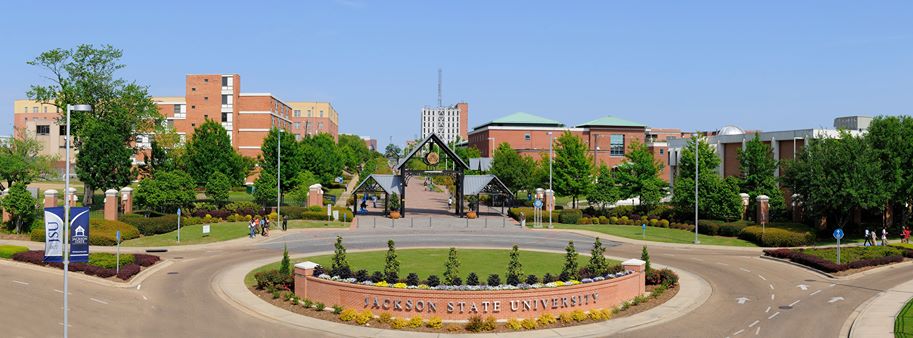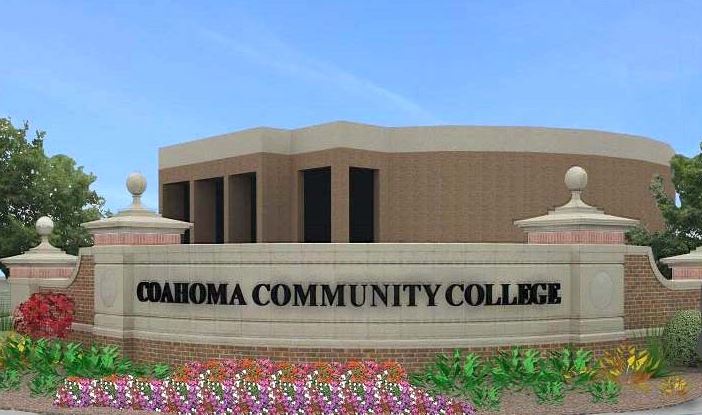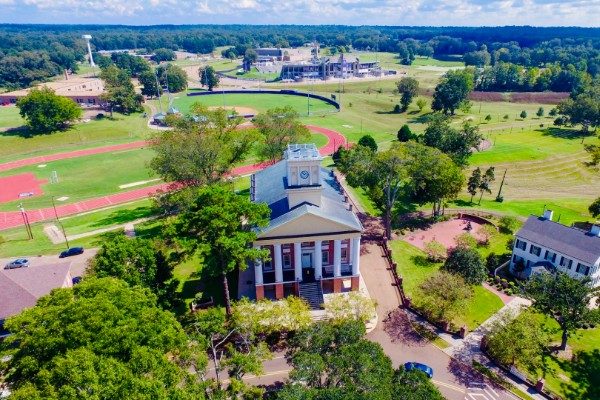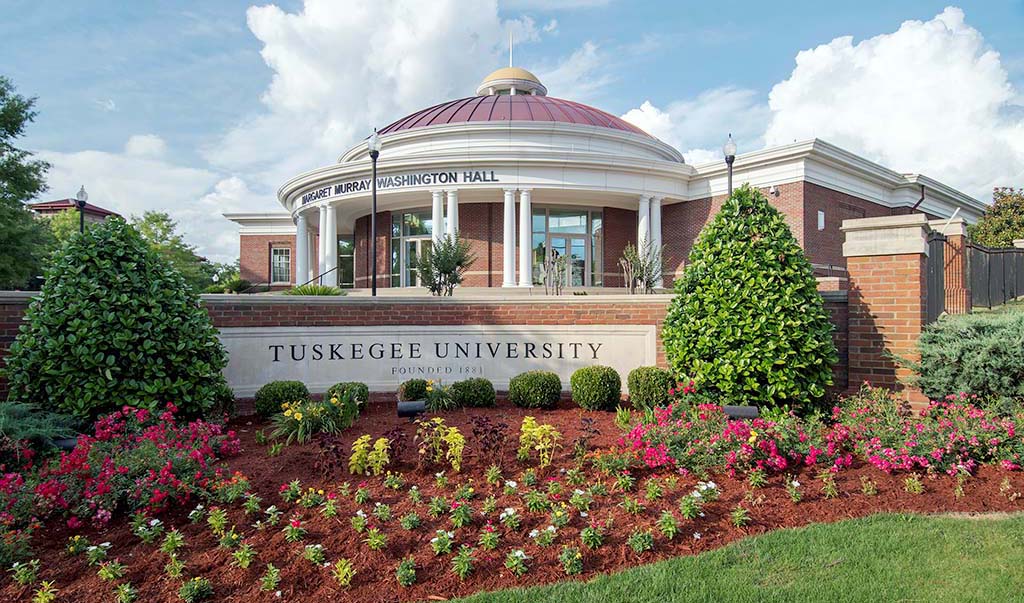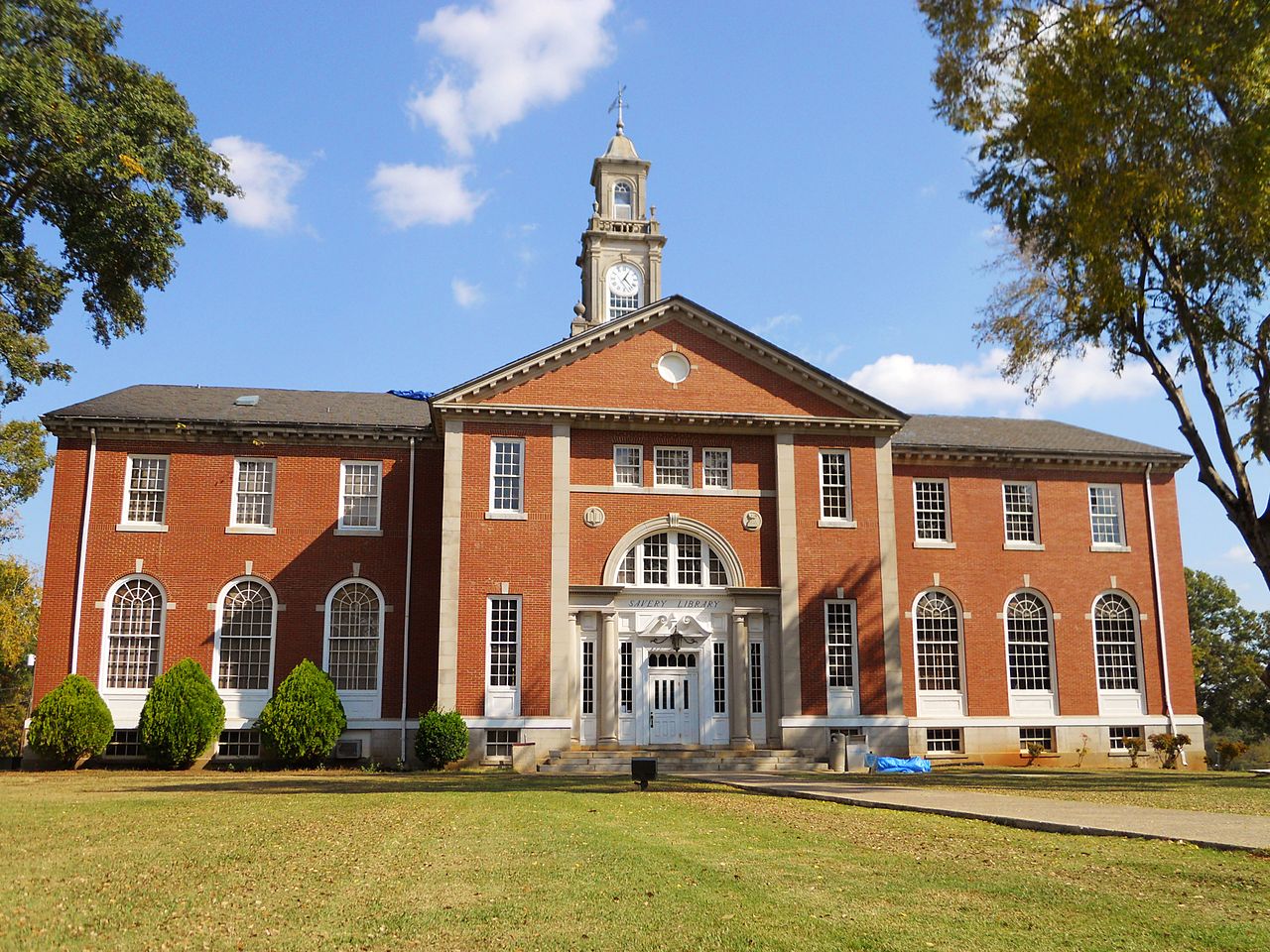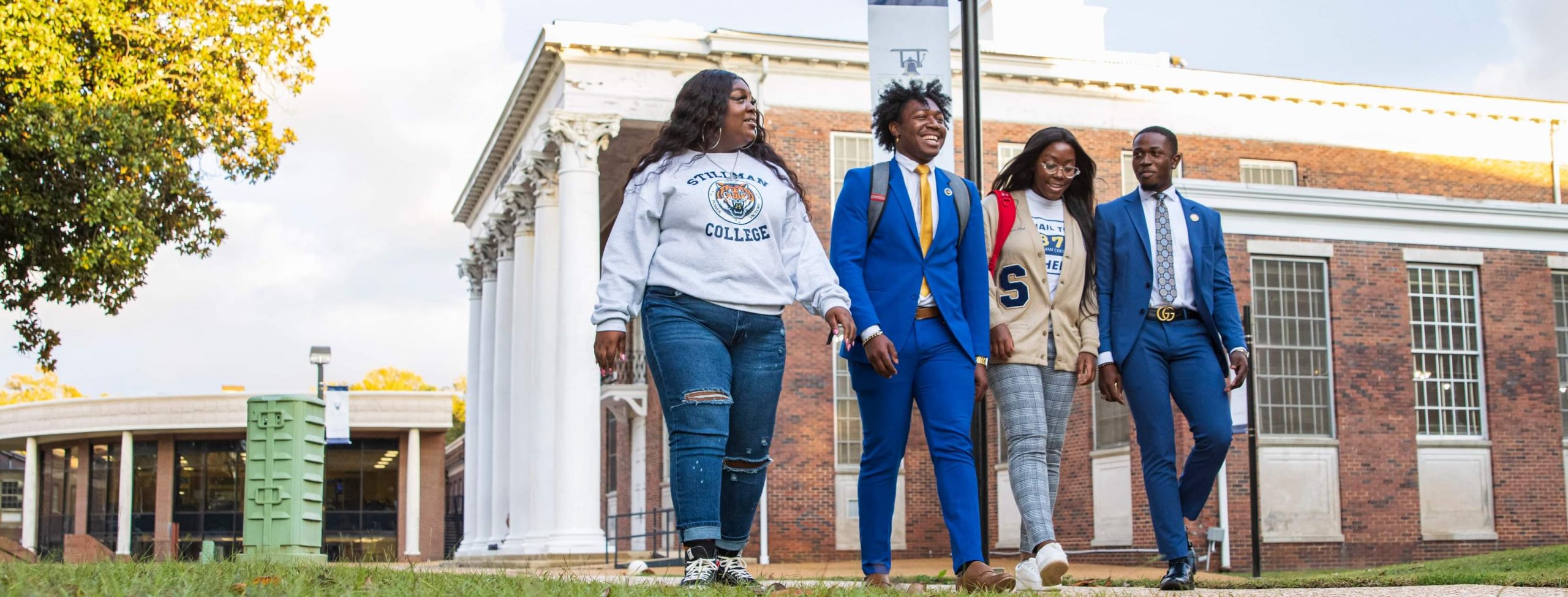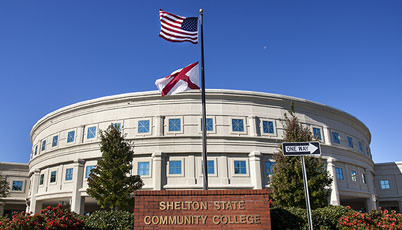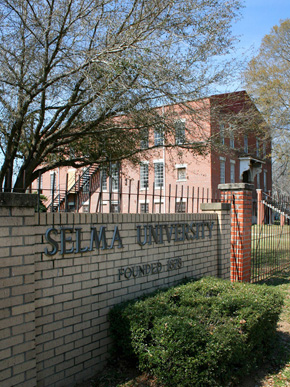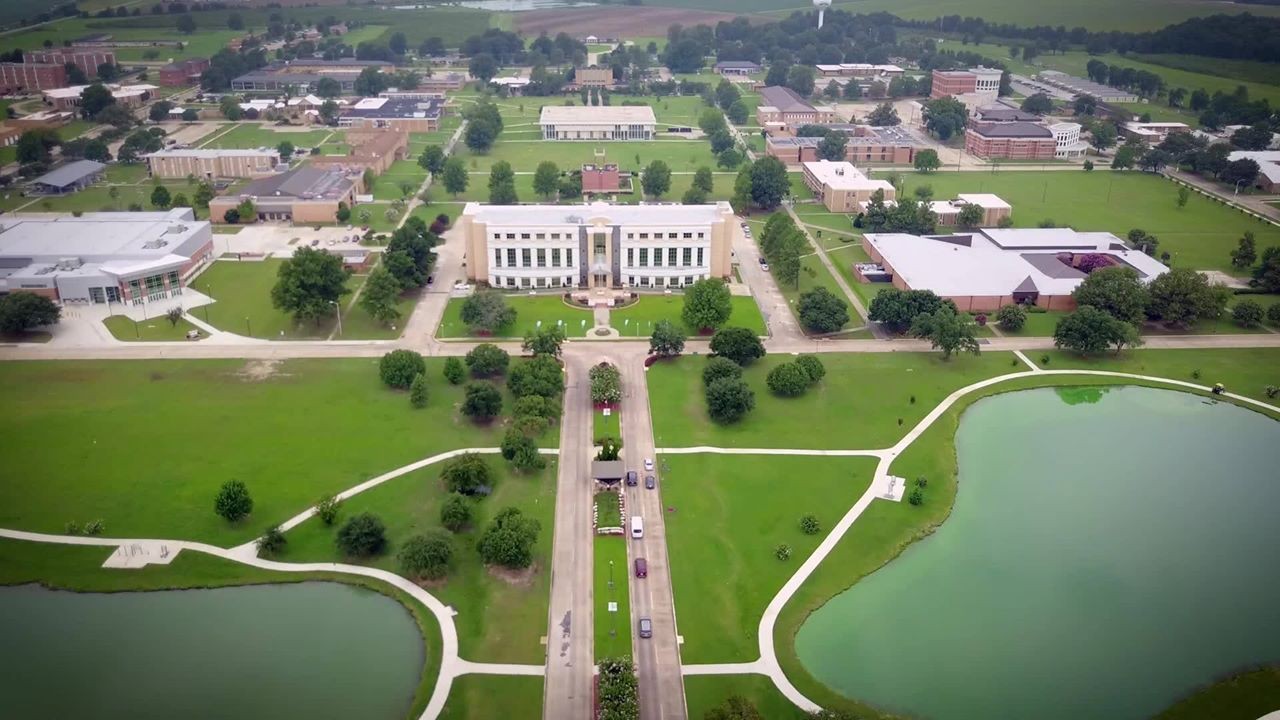
Explore HBCU – Mississippi Valley State University
Mississippi Valley State University is a public, historically black university located in Mississippi Valley State, Mississippi.
Background
Under the Mississippi Legislature in 1946, the Mississippi Vocational College was established with the express purpose to provide vocational training and to instruct teachers for rural and elementary schools. The college opened in the summer of 1950 to an enrollment of 14 students and seven faculty members.
The college initially offered a Bachelor of Science degree in 14 areas in addition to providing Extension Services. In 1964, the curriculum was expanded as the school was authorized to offer the liberal arts degree, as well as science and education degrees. The name of the institution was changed to Mississippi Valley State College, and ten years later, the name was again changed to Mississippi Valley State University with the expansion of program offerings.
Today, Mississippi Valley State University is a Carnegie Classified Master’s University accredited by the Southern Association of Colleges and Schools Commission on Colleges (SACSCOC) to award baccalaureate and master’s degrees.
Programs & Opportunities
Mississippi Valley State University acknowledges the academic program as the core service of the university. As such, educational offerings are delivered by a fleet of highly qualified educators who act as experts of the curriculum and instruction.
As a Carnegie Classified Master’s University, MVSU provides comprehensive undergraduate and graduate areas of study, offering course engagement leading to the awarding of baccalaureate degrees in the arts, science, music education, social work, and master’s degrees in science, social work, and business administration.
To facilitate a well-rounded overall educational experience, students are also offered multi-faceted and diverse participation in social, cultural, and recreational activities.
Learn more about programming at Mississippi Valley State University here.
Alumni Affairs
Mississippi Valley State University is an institution of higher education with a learner-focused environment meant to prepare critical thinkers, exceptional communicators, and engaged, service-oriented citizens.
Some notable alumni include, but are not limited to:
- Dr. Gary A. McGaha, Ph.D.—educator and President of Atlanta Metropolitan State College—graduated from Mississippi Valley State University with a bachelor’s degree in social science.
- Katie Hall—politician who served as a former United States Representative—graduated from Mississippi Valley State University with a degree in political science.
- Bryant Clark—Mississippi State Representative and lawyer—graduated from MVSU with a Bachelor of Science Degree in Biology.
Financial Information
At Mississippi Valley State University, based on full-time enrollment for undergraduate students at 12 credit hours, tuition and fees are an estimated $6,402 for an academic year. For full-time enrollment of graduate students at 9 credit hours, tuition and fees are an estimated $3,600.
As non-resident fees are not assessed, cost of in-state and out-of-state tuition remains the same for students of comparable study level. Total cost of attendance will vary depending on indirect components of study costs such as those of books & supplies, personal, transportation, and housing fees.
Financial aid opportunities at MVSU are available to ensure there are minimal to no financial barriers within the university’s control that prevent students from earning their degrees.
Conclusion
At MVSU, the mission to create extraordinary educational opportunities for the Mississippi Delta and beyond remains of the utmost importance. The university is committed to excellence in teaching, learning, service, and research.
Learn more about Mississippi Valley State University here.
Sources:
- https://www.findmyhbcu.org/school/mississippi-valley-state-university/
- https://www.mvsu.edu/university/history
- https://www.mvsu.edu/university/accreditations
- https://www.mvsu.edu/university/mission
- https://www.mvsu.edu/academics
- https://www.mvsu.edu/academics/academic-regulations/student-academic-careers/degrees-granted
- https://www.mvsu.edu/campus-facilities-services/student-center/activities
- https://completecollege.org/person/gary-mcgaha/
- https://www.mvsu.edu/mvsu-alumna-katie-hall-behind-mlk-day
- http://www.bryantwclark.com/about.html
- https://www.mvsu.edu/prospective-students/tuition-and-fees
- https://www.mvsu.edu/cost-of-attendance
- https://www.mvsu.edu/prospective-students/financial-aid-programs
Pictures:
- Mississippi Valley State University Logo: https://www.mvsu.edu/help-desk
- Mississippi Valley State University Campus: https://www.linkedin.com/school/mississippi-valley-state-university/
- Mississippi Valley State University Students: https://www.mvsu.edu/mvsu-student-ambassadors-judge-local-elementary-school-reading-fair
- Mississippi Valley State University Facilities: https://www.mvsu.edu/facilities

